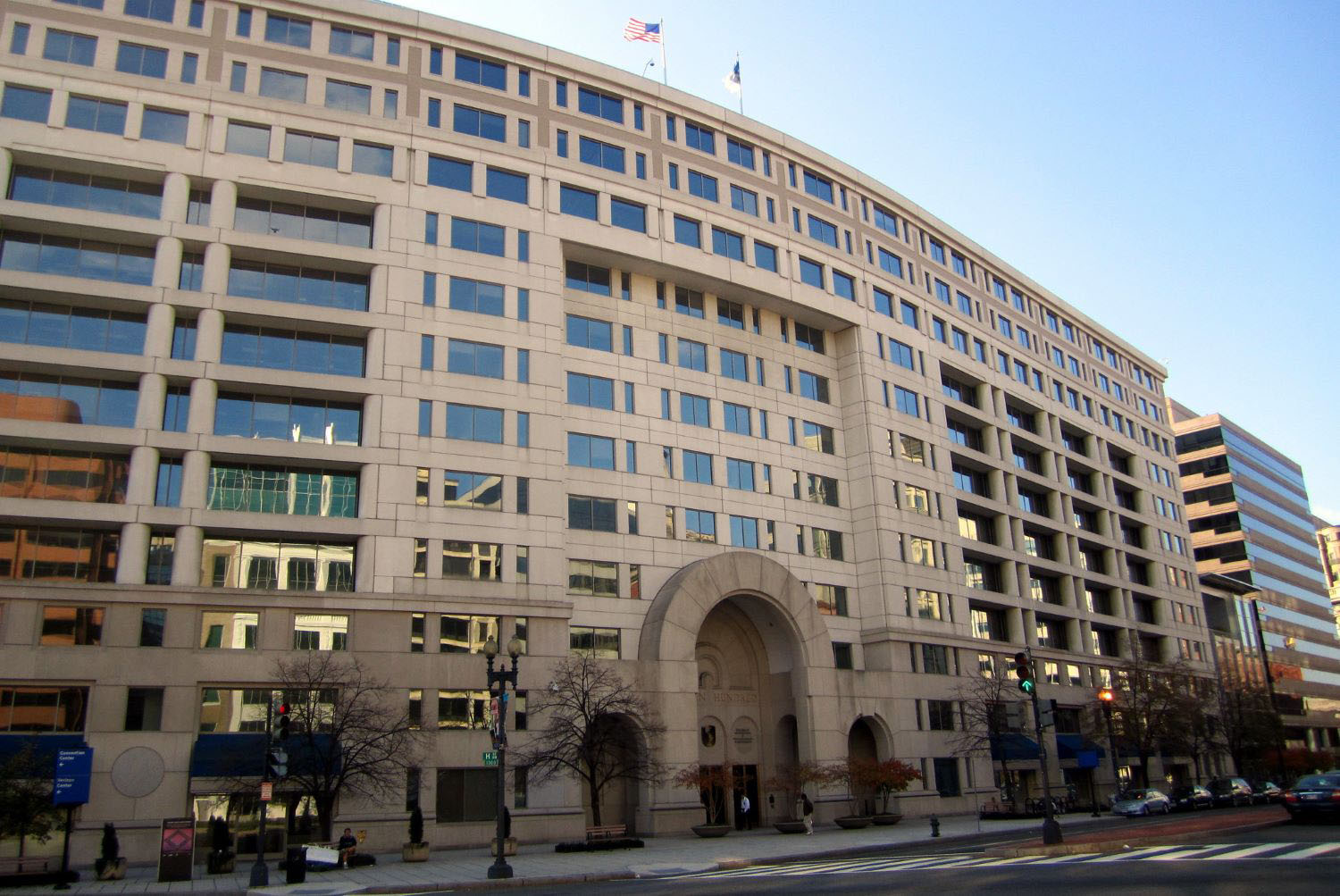From his keynote speech in Mexico City, Michael Clemens writes:
Mexico and the United States need a bilateral agreement to regulate the labor migration flows between these two neighboring countries. They have needed such an agreement my entire life… I am part of a bi-national group that believes that things can be done better. The members of this group came together because we have observed, over decades, the great harm that both countries have suffered due to the bilateral regulatory void. We come from both countries and we have very different perspectives: We have worked with unions, employers, the border patrol, nation-states, think tanks, and universities. Our partisan affiliations span the political spectrum in the United States as well as in Mexico.
…
We propose the following three innovations that I will highlight, among others:
- First: In the past there was no serious mechanism to defend the rights of the Mexican worker in the US. We propose that Mexico be responsible for the certification of labor recruiters in Mexico, pursuant to the Federal Labor Law of 2012, and we propose a system of visa portability within defined sectors of the American economy so that no worker is obliged to remain with an abusive employer.
- Second: In the past there was also no serious mechanism to protect the priority of American workers for jobs in the US, without which no agreement is possible. We propose a U.S. worker priority fee, paid by the employer. This ensures that employers have a strong and transparent incentive to hire American workers when they are available, and generates revenue to offset the costs of implementing the agreement.
- Third: In the past there was no regulatory regime capable of reacting to economic and demographic changes in either country. To set the number of visas, we propose what we call a decelerator safeguard cap. This limits, in a transparent and predictable manner, the year-to-year changes in the number of new work permits granted. This proposal could mitigate the impact of unexpected events in the labor markets of the United States and Mexico, without a rigid absolute quota whose ultimate effect would be to feed the black market.
From his keynote speech in Mexico City, Michael Clemens writes:
La simple y llana verdad es que México y EE.UU. necesitan un convenio bilateral para regular los flujos migratorios laborales entre estos dos países vecinos. Han necesitado ese convenio durante toda mi vida… Soy integrante de un grupo binacional que cree que las cosas pueden hacerse de mejor manera. Los miembros de este grupo nos reunimos porque hemos observado durante décadas el gran daño que han sufrido ambos países a causa del vacío regulatorio a nivel bilateral. Venimos de los dos países y tenemos perspectivas muy diferentes; hemos trabajado con sindicatos, empleadores, la patrulla fronteriza, estados nacionales, laboratorios de ideas y universidades. Nuestras afiliaciones políticas recorren todo el espectro político tanto de Estados Unidos como de México.
…
Quisiera recalcar tres de las innovaciones específicas que proponemos, entre otras.
-
Primera: en el pasado faltaba un mecanismo serio para defender los derechos del trabajador mexicano en EE.UU. Proponemos que México se responsabilice de la certificación de seleccionadores de trabajadores en México, conforme a la Ley Federal del Trabajo de 2012, y proponemos un sistema de portabilidad de visas dentro de sectores definidos de la economía estadounidense para que a ningún trabajador tenga que quedarse con un empleador abusivo.
-
Segunda: en el pasado faltaba también un mecanismo serio para proteger la prioridad de los trabajadores estadounidenses para puestos en EE.UU., sin lo cual ningún acuerdo es posible. Proponemos un arancel para la preferencia de trabajadores estadounidenses, pagado por el empleador, lo cual asegura que a los empleadores les convenga contratar a trabajadores estadounidenses cuando estén disponibles, a la vez que se generan ingresos para contrarrestar los costos de implementar al acuerdo.
-
Tercera: en el pasado faltaba un régimen normativo con capacidad para reaccionar a los cambios económicos y demográficos en uno y otro país. Para fijar la cantidad de visas, proponemos lo que llamamos un tope desacelerador protector, el cual limita de manera transparente y predecible los cambios de un año a otro en la cantidad de nuevos permisos de trabajo otorgados. Esa propuesta podría amortiguar el impacto de los acontecimientos repentinos en los mercados laborales de Estados Unidos y de México, sin alimentar el mercado negro con un cupo tan rígido que no pueda adaptarse a las condiciones cambiantes.
Rights & Permissions
You may use and disseminate CGD’s publications under these conditions.





